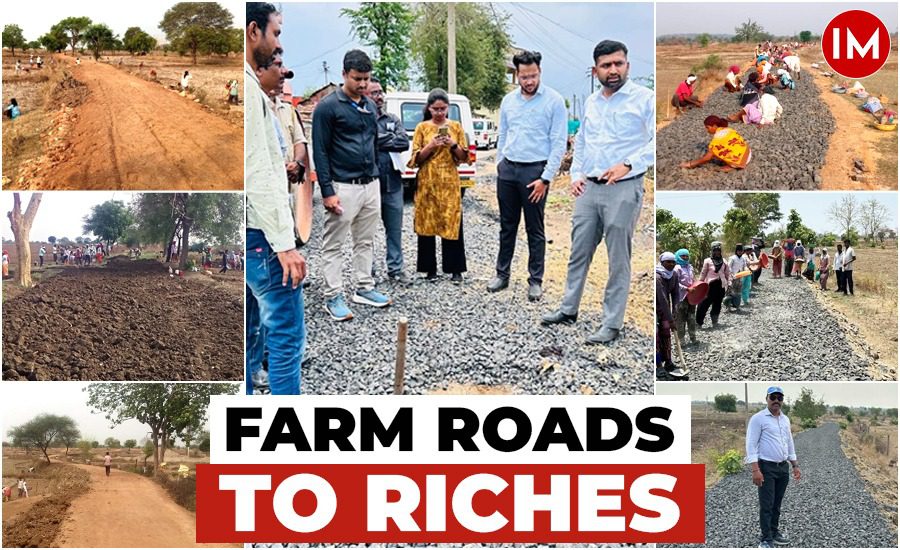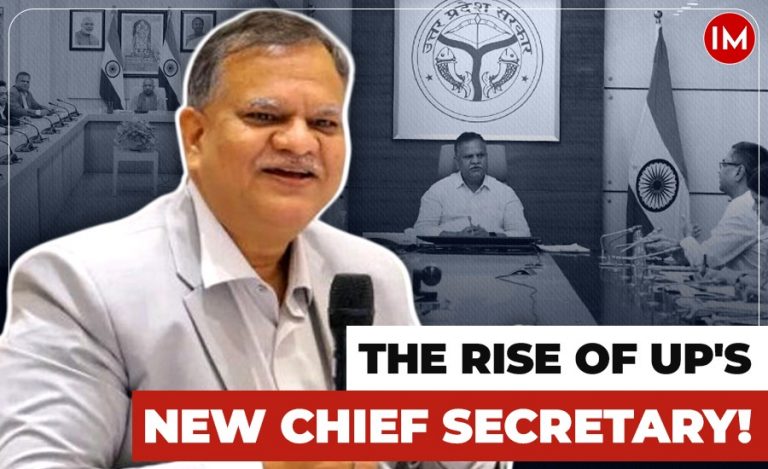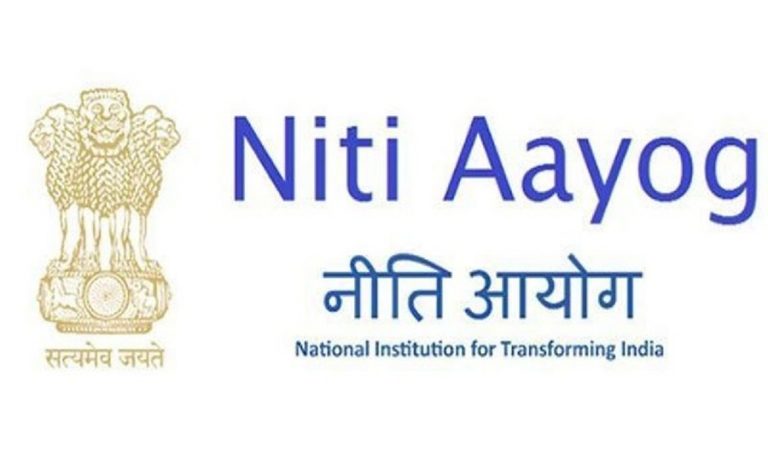Vivek Johnson, the CEO of Chandrapur, Maharashtra, has been grappling with the age-old problems plaguing Indian farmers – lack of proper infrastructure and isolation of tribal communities. These challenges restrict farmers’ access to their fields, limit crop choices, and make it difficult to get produce to market. But Johnson’s innovative Mission Baliraja Samruddhi Marg initiative is changing the game for Chandrapur’s farmers, particularly in tribal areas.
The Mission Baliraja Samruddhi Marg initiative in Chandrapur district has impacted local farmers, especially in tribal regions. The initiative has empowered farmers in numerous ways by constructing 5001 km of farm roads through MGNREGS.
These all-season roads provide crucial connectivity, allowing farmers to access their fields year-round and grow multiple crops, thereby increasing their income and overcoming seasonal challenges. Improved market access means farmers can now transport their produce quickly and efficiently, reducing losses and securing better prices. Furthermore, by cutting transportation costs, these farm roads help farmers save money, increase profit margins, and enhance their overall livelihoods.
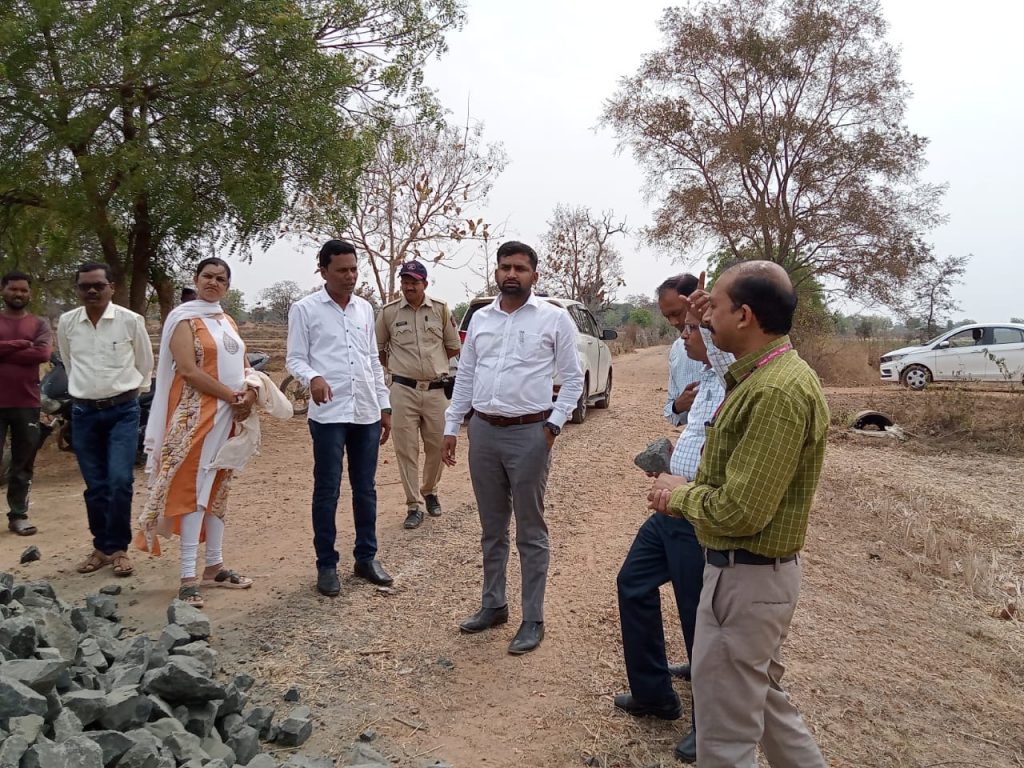
In a conversation with Indian Masterminds, IAS officer, Mr. Johnson says, “Targeted farm road construction linked to development programs, empowers communities.” Elaborating on his and his team’s work in Chandrapur, he said that the key to unlocking rural prosperity lies in a three-pronged approach. First, we need to conduct thorough needs assessments, tailoring farm road construction to the specific challenges faced by each community.
This isn’t a one-size-fits-all solution. Second, the roads must be more than just infrastructure. By integrating them with broader agricultural programs, we can empower farmers with better access to markets, resources, and knowledge. Finally, building the capacity of local communities is essential. Equipping them with the skills to maintain and manage these roads fosters a sense of ownership and ensures their long-term sustainability. And let’s not forget – we need to be relentless advocates for increased funding. Strong rural infrastructure is the backbone of a thriving agricultural sector, and it deserves the resources it needs to flourish.

BOOSTING FARMERS AND TRIBAL ECONOMY
Farm roads are like superhighways for farmers, allowing them to reach their fields no matter the weather. This means they can grow different crops, make more money, and work all year round. The roads also make it easier for farmers to sell their goods at markets, getting them there quickly and safely. This helps them avoid losing crops and get better prices. Plus, the farm roads cut down on expensive travel costs, so farmers can keep more of their earnings and make a better living overall.
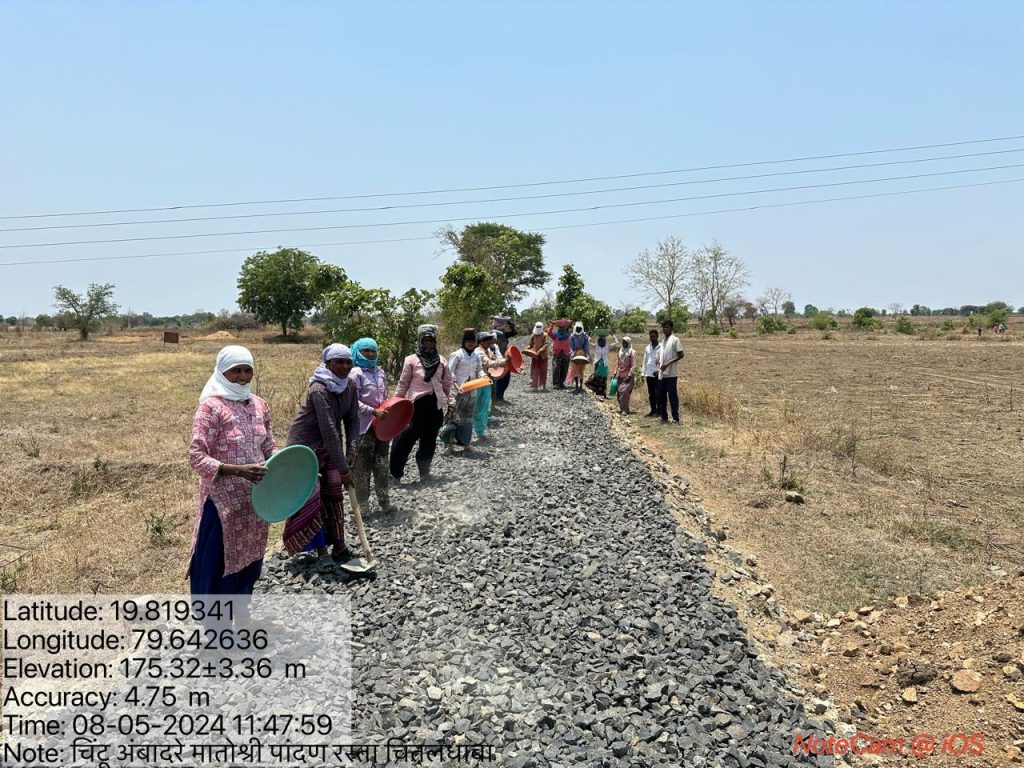
By helping remote tribal villages get connected to places to sell their crops and get the things they need for farming, we can break down their isolation and open doors to new ways to make money. This makes it easier for them to invest in growing more food, which leads to better harvests and a stronger economy overall. Plus, when there are more opportunities to make a living through farming, tribal communities become more self-sufficient and poverty goes down.
ENCOURAGING SUSTAINABLE DEVELOPMENT
Building roads in rural areas with MGNREGS creates local jobs and puts money in people’s pockets, which helps communities grow in a way that lasts. These roads also make it easier for farmers to get what they need and share information, which can lead to more sustainable practices and better ways to protect the soil. Plus, with better roads, villages are better prepared for challenges like bad weather and economic downturns.
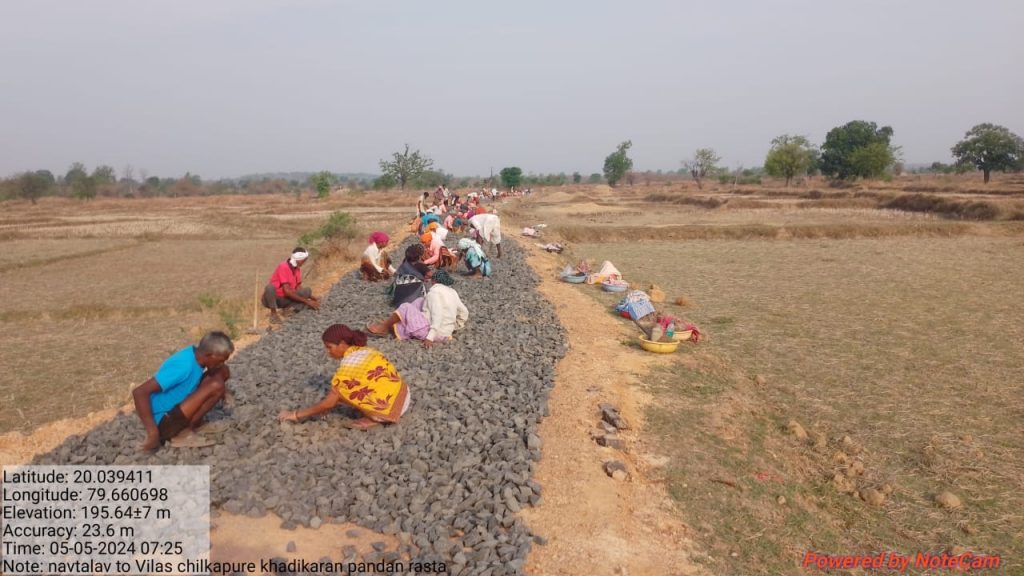
Mr. Johnson says, “The Mission Baliraja Samruddhi Marg’s achievements are a blueprint for progress across Maharashtra and India. Especially in areas lacking rural infrastructure, reliant on agriculture, or with large tribal populations, this project can be replicated to great effect. Better roads mean better connections, stronger markets for crops, and a chance for tribal communities to thrive.”
The officer believes that following the lead of Mission Baliraja Samruddhi Marg, other districts can borrow its winning ideas and tailor them to their own needs. This will give farmers a boost, breathe new life into rural areas, and set the stage for sustainable agriculture to flourish across India.

